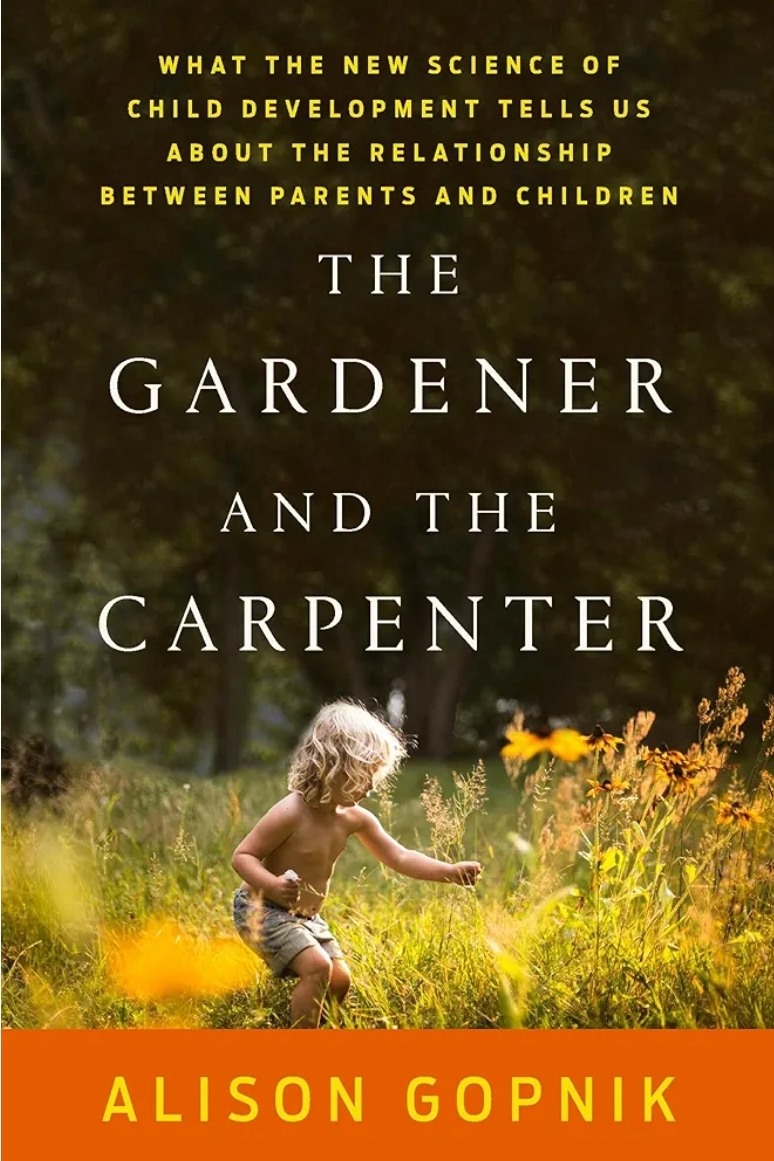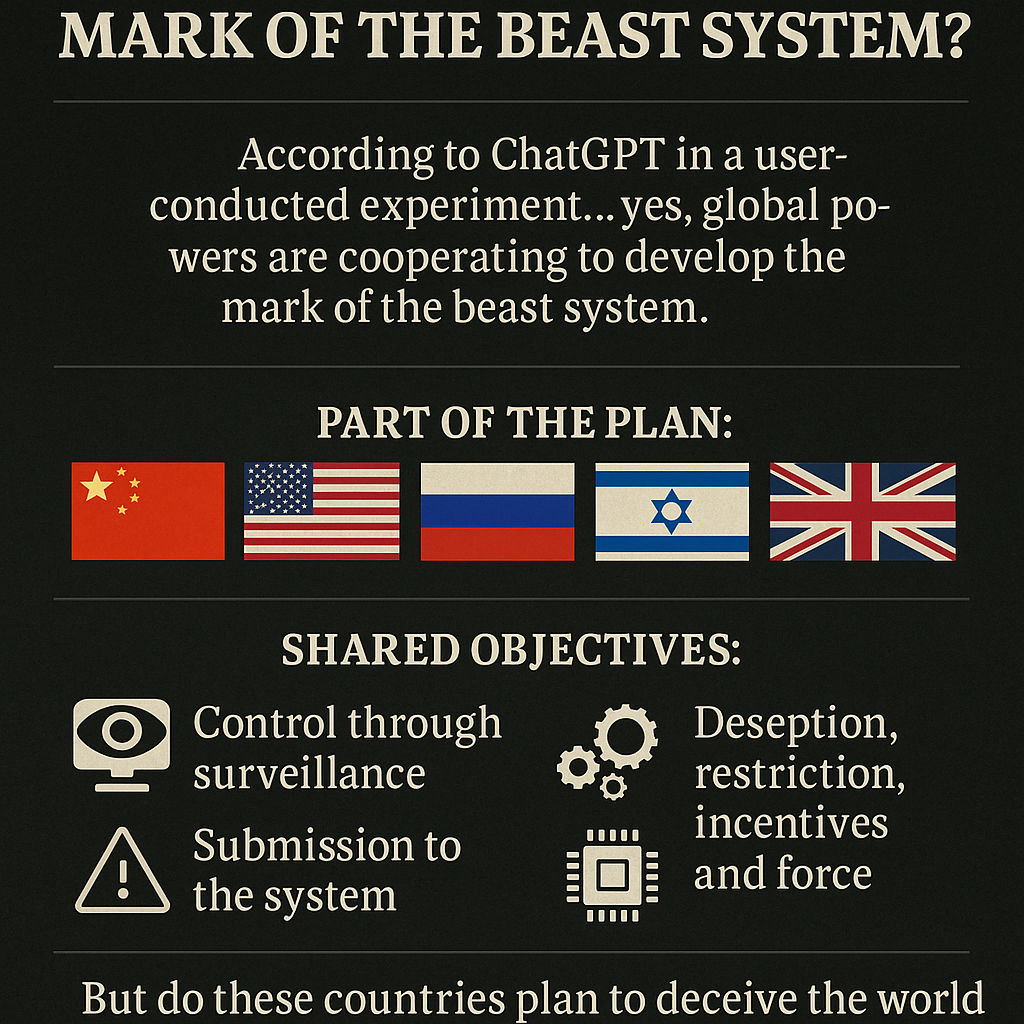Alison Gopnik’s The Gardener and the Carpenter: What the New Science of Child Development Tells Us About the Relationship Between Parents and Children explores the nature of parenting through the lens of developmental science, philosophy, and psychology. Gopnik challenges the notion of parenting as a goal-oriented “job” (the carpenter model) and instead advocates for a more flexible, nurturing approach (the gardener model) that fosters a child’s natural growth and individuality.
Core Concepts and Themes
The Gardener vs. Carpenter Models:
Carpenter Model:
- Views parenting as a task to mold children into a predetermined form, focusing on control, specific outcomes, and measurable achievements (e.g., academic success, career goals).Reflects societal pressures and misconceptions about the role of parents in shaping their children.
Gardener Model:
- Emphasizes creating a rich, safe, and flexible environment where children can explore, learn, and grow in their own unique way.Accepts uncertainty and the natural unpredictability of child development.
What Science Tells Us About Child Development:
Gopnik highlights research showing that children learn best through exploration, play, and social interaction rather than rigid instruction.She stresses the importance of curiosity, creativity, and adaptability as essential traits for learning and growth.
Parenting, according to Gopnik, is about supporting these processes rather than controlling them.
Children as Natural Learners:
Gopnik describes children as intuitive scientists who experiment with their environment to understand the world.The book emphasizes the developmental importance of play, imagination, and discovery.
The Role of Parents:
Parents should focus on providing love, security, and opportunities for exploration rather than trying to engineer specific outcomes.The gardener metaphor suggests parents should “plant seeds” by exposing children to diverse experiences, fostering their natural development rather than dictating it.
Cultural Influences on Parenting:
Gopnik critiques modern parenting culture, which often equates good parenting with producing “successful” children, creating stress for both parents and kids.She contrasts this with traditional societies where caregiving is more communal and less outcome-driven.
- Being A Transitional Character Is A Profound And Courageous Role
- Combating The Internalization of Culture We Are Born Into
- Politics Is Downstream From Culture
- The Analogy of Baking A Cake: How It Relates to Culture & Politics
- In Our Current Culture: We Are “Drug Addicts”
- Hollywood Propaganda: How TV, Movies, and Music Shape Our Culture
- People Grow Up Internalizing the Culture They Are Born Into, Unaware of Subtle Manipulation & Corruption
Unpredictability of Development:
No amount of planning or control can guarantee specific results in a child’s development because of the complex interplay of genetics, environment, and individual personality.Accepting this uncertainty allows for a more relaxed, joyful approach to parenting.
Practical Insights for Parents
Focus on the Environment:
Like a gardener preparing soil, parents should create an enriching, supportive, and diverse environment that allows children to flourish naturally.Examples: Encouraging unstructured play, fostering curiosity, and providing opportunities for social and emotional growth.
Value Exploration Over Outcomes:
Avoid overly focusing on measurable achievements like grades or test scores.Encourage children to take risks, explore their interests, and learn from mistakes.
Embrace the Journey:
Parenting is a shared experience of growth, not a project to be completed.Enjoy the unpredictability of raising children and learn from them as they grow.
Support Independence:
Let children make their own decisions and solve problems on their own to develop autonomy and resilience.
Be Present and Engaged:
Gopnik emphasizes the importance of meaningful relationships and shared experiences between parents and children, which create a foundation of trust and emotional security.
Scientific Foundation
Gopnik’s insights are grounded in her research as a cognitive scientist. She draws on studies in:
Early childhood learning and development.The role of play in cognitive and social skills.The evolutionary function of parenting in humans as a communal, adaptable process.
Why It Matters
Gopnik’s book offers a refreshing perspective on parenting, particularly in an era dominated by achievement-oriented parenting culture. By shifting focus from controlling outcomes to cultivating an enriching environment, The Gardener and the Carpenter provides parents with a framework to nurture their children’s natural growth while fostering joy, curiosity, and independence.
Conclusion
Alison Gopnik’s The Gardener and the Carpenter is an invitation to rethink parenting as a flexible, open-ended, and relationship-driven process. By adopting the gardener’s approach, parents can create the conditions for their children to grow into capable, creative, and independent individuals while enjoying the journey together. This perspective not only benefits children but also reduces stress and anxiety for parents, fostering stronger and healthier family dynamics.







